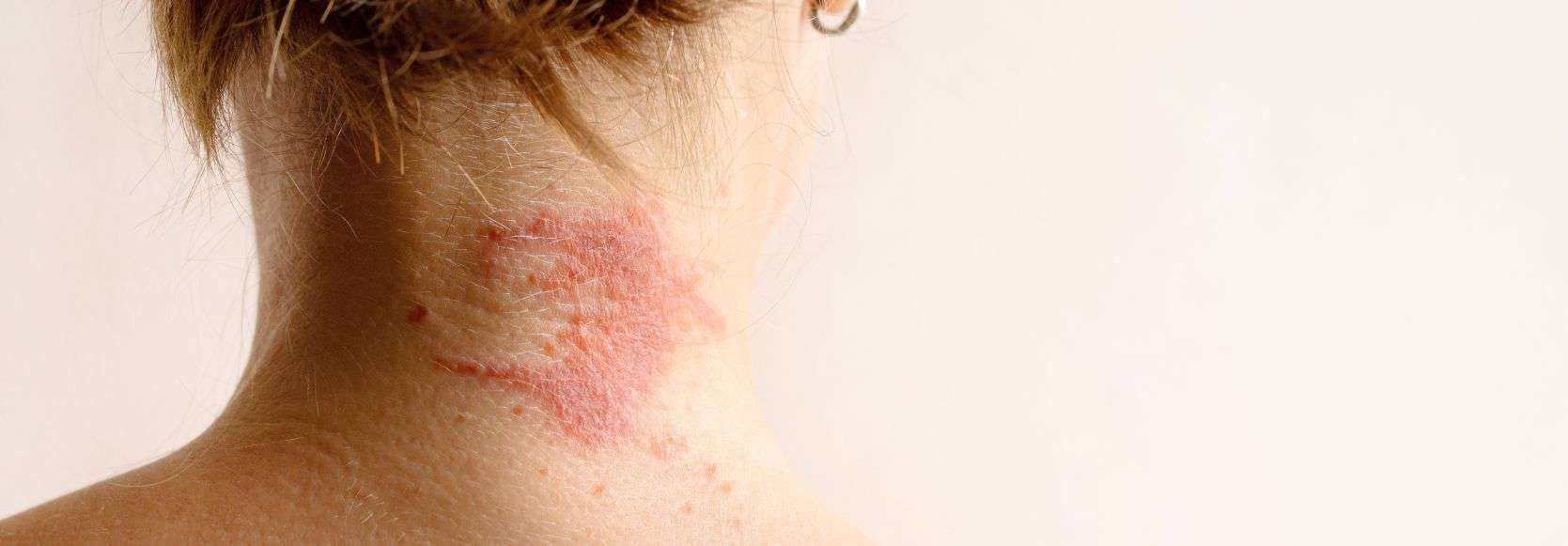Frustrated with acne, we’ll often seek whatever help for treatment that we can. This will range from home remedies including organic ingredients like honey and cinnamon face masks to lemon water, as well as medical over-the-counter topical retinoids and prescription medication provided by your dermatologist.
In seeking the cure for this frustrating skin condition, we might turn to alternative solutions such as water therapy. These range from saltwater cleaning routines to rose water and coconut water cleansings.
Many beauticians and skincare influencers refer to some of these types of water treatments within their skin cleansing routines. However, the jury is still out as to whether these water therapies for acne work.
Breaking down the different types of water therapies people are using to treat their acne, we decipher which ones might help and which ones do not.
DOES LEMON WATER HELP WITH ACNE?
One of the most common types of water therapies for acne is lemon water. But this isn’t just through skin cleansing washes. Lemon water can be consumed regularly as part of a healthy diet. People turn to lemon water due to the citric acid that contains high levels of vitamin C that has anti-inflammatory properties which help to reduce bump swelling and red patches from your acne. It is believed that the results are better when vitamin C is applied topically – hence the focus on facial washes with lemon water.
If lemon water is used to treat acne, it needs to be diluted otherwise this can cause chemical burns on the skin and secondary hyperpigmentation, making the treatment more of an anti-solution for acne.
People drink lemon water to help enhance the skin’s ability to purify, inducing skin cells to detox and flush out toxins and sweat which can clog pores.
DOES ROSE WATER HELP WITH ACNE?
Rosewater is used as a homemade acne facial cleanser that includes oils derived from the rose flower itself. Rosewater is high in vitamin C and phenolics which, like lemon water, helps to reduce inflammation from acne and balance pH levels. Additionally, it has antioxidant properties that help the skin to hydrate and flushes out toxins on the skin that also clog your pores and hair follicles.
What makes rose water an interesting water therapy for acne is antiseptic with antibacterial properties. This allows the water to help with the healing of acne scarring and the astringent properties of rose water acne can help with tightening the skin and helping with the healing of acne bumps and scars.
DOES SALT WATER HELP WITH ACNE?
Saltwater treatment for acne has gained exposure recently with beauty influencers emphasising the benefits and positive effects of sea salt water, suggesting that spraying sea salt on the skin a couple of times a day is a fantastic way to cure acne. Unfortunately, this isn’t a guaranteed fix, because acne comes in fungal, bacterial and cystic forms and so the treatments for each will vary.
Where sea saltwater may benefit the skin and acne is for the bacterial form of acne. Sea salt is believed to help exfoliate the skin, cleansing the pores from general dirt and bacteria acquired throughout your day. It also may help with acne inflammation which is often caused by nodular and conglobata. Its ability to balance your pH levels may help with the reduction of fungal acne, balancing the yeast levels on your skin and reducing the chances of infection.
DOES COCONUT WATER HELP WITH ACNE?
Coconut water is another water therapy for acne that might help depending on the severity of your acne. Like lemon water, it has potential benefits when both consumed as part of a healthy diet and used in cleansing.
Coconut water has anti-inflammatory properties, which, combined with its detoxification properties can potentially decrease instances of acne inflammation and blemishes. Additionally, the antimicrobial properties can help to decrease excess oils produced by the sebum gland which creates the sebaceous oil that is found clogging the pores, causing acne pimples and spots.
BE CAREFUL WITH ACNE WATER THERAPIES
When consuming water be careful with your expectations. Some water therapies have research that supports helping with treating acne, however, not all acne water therapies can solve your skin condition. Instead, consult a dermatologist to seek advice on how water therapy can support an acne treatment programme. You don’t want to do damage to your skin and so it’s important to have a professional look at your skin before you start using different types of water therapies on your acne.
Drinking water helps with acne by hydrating your skin, allowing your skin to detoxify and remove bacteria from clogging your pore. However, this is again, something you will need to do alongside medical acne treatments to improve the chances of curing your acne over time.
FOR MORE INFORMATION ON ACNE
For more information on acne, visit our acne insights where you’ll find plenty more articles on acne, acne scarring and the development of treatments. If you would like to speak to an acne specialist, we welcome you to contact us to arrange an appointment.


